detail profile wang bing
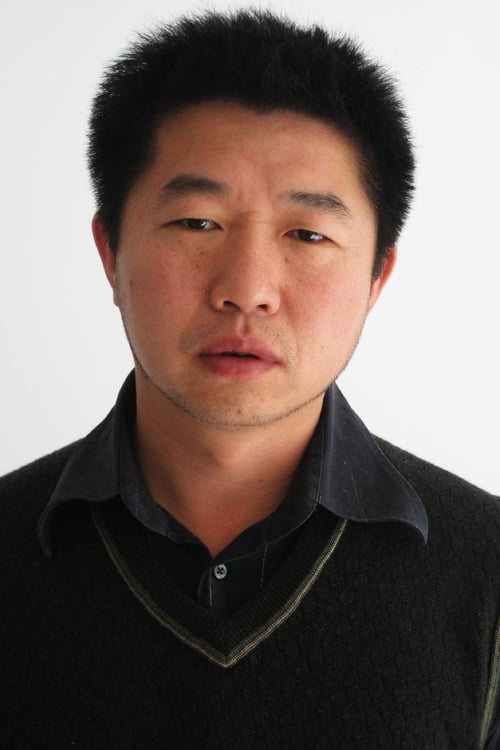
Wang Bing
Wáng Bīng
atau dikenal sebagai
Riwayat Hidup
Wang Bing (Chinese: 王兵; pinyin: Wáng Bīng; born 16 November, 1967; Xi'an) is a Chinese documentary director, often referred to as one of the foremost figures in documentary film-making.
Wang is the founder of his own production company, Wang Bing Studios, which produces most of his films.
His movie on Chinese labour camps, "The Ditch", was included in the 2010 Venice Film Festival as the film sorpresa.
He began his career as an independent filmmaker in 1999.
Discovered in 2003, "West of Tracks", an enormous documentary work of more than 9 hours, has garnered great success internationally.
In addition to his feature documentaries, he is also active in video installation, fiction film and photography.
His movie on Chinese labour camps, "The Ditch", was included in the 67th Venice Film Festival (2010) as the film sorpresa.
His movie "Youth (Spring)" was selected to compete for the Palme d'Or at the 76th Cannes Film Festival (2023).
Tie Xi Qu, Wang's 9 hour epic documentary of industrial China, was considered a major success.
Tie Xi Qu went on to win the Grand Prix at the Marseille Festival of Documentary Film and was shown for the first time in Spain at the Punto de Vista International Documentary Film Festival.
Wang's film Fengming, a Chinese Memoir, premiered at both Cannes and Toronto in 2007.
Crude Oil premiered at the 2008 Rotterdam Film Festival.
Since then, his films became a staple at every prestigious international film festival.
2017's Mrs.
Fang was awarded the Golden Leopard at the 70th Locarno Festival.
French philosopher Georges Didi-Huberman dedicated a long epilogue to Wang Bing in his 2012 book, Peuples exposés, peuples figurants.
He reflects on the social fate of images thoroughly analyzing Wang's 2010 Man with No Name, writing that the director, as a humble portrait artist of a single rural worker, manages to represent the whole of China's people (as well as people from all over the World) "not through his past, nor his ideas, nor his name, nor his place in society, but through the simple gestures with which he works at his solitary life", as opposed to the common epic portraits of national identity based on military prowess, war heroes and manifest destinies.
Info Pribadi
Peran Yang Di Mainkan Wang Bing
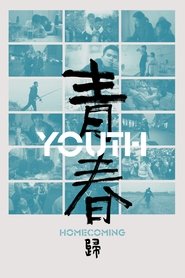 Wang Bing concludes his monumental Youth...
Wang Bing concludes his monumental Youth...Youth (Homecoming) 2025
Wang Bing concludes his monumental Youth trilogy in expansive fashion, giving ever wider scope to the lives of migrant workers in Zhili’s textile factories as they plan to go to their remote hometowns to visit their families and celebrate the festivities for New Year’s break.
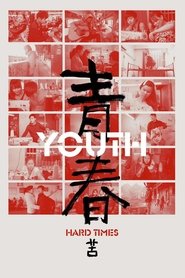 In this enveloping second part of...
In this enveloping second part of...Youth (Hard Times) 2025
In this enveloping second part of the Youth trilogy, shot between 2015 and 2019, Wang Bing deepens his vérité portrait of a generation struggling to survive on meager wages amidst a nation’s economic expansion, emphasizing the distrustful, increasingly combative relationship between workers and management.
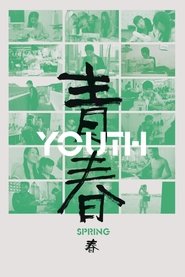 This film was shot between 2014 and 2019...
This film was shot between 2014 and 2019...Youth (Spring) 2023
This film was shot between 2014 and 2019 in the town of Zhili, a district of Huzhou City in Zhejiang province, China. Zhili is home to over 18,000 privately-run workshops producing children's clothes, mostly for the domestic market, but some also for export. The workshops employ around 300,000 migrant workers, chiefly from the rural provinces of Yunnan, Guizhou, Anhui, Jiangxi, Henan and Jiangsu.
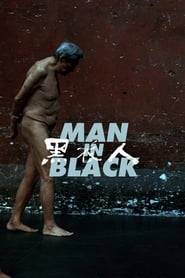 Wang Xilin 86 is one of Chinas...
Wang Xilin 86 is one of Chinas...Man in Black 2023
Wang Xilin, 86, is one of China's most important modern classical composers. During the Cultural Revolution he was the target of severe persecution, enduring beatings, imprisonment and torture. With excerpts from his Symphonies, he revisits for this film some of the horrifying events that still live on in his memory as testimony to an era that saw the dehumanization of the entire Chinese nation.
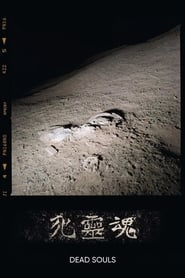 In Gansu Province northwest China lie...
In Gansu Province northwest China lie...Dead Souls 2018
In Gansu Province, northwest China, lie the remains of countless prisoners abandoned in the Gobi Desert sixty years ago. Designated as ultra-rightists in the Communist Party’s Anti-Rightist campaign of 1957, they starved to death in the reeducation camps. The film invites us to meet the survivors of the camps to find out firsthand who these persons were, the hardships they were forced to endure and what became their destiny.
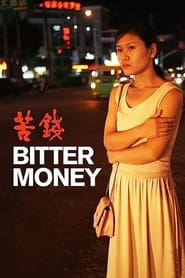 In a fast growing city of...
In a fast growing city of...Bitter Money 2018
In a fast growing city of East China, migrants have been arriving and living for a dream of a better life. But what they find there is little opportunities and poor living conditions that push people, even couples, into violent and oppressive relations. Xiao Min, Ling Ling and Lao Yeh are some of the characters of this bitter chronicle of today China.
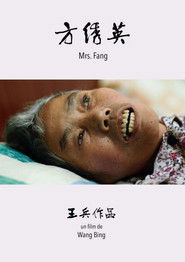 In a quiet village in southern...
In a quiet village in southern...Mrs. Fang 2017
In a quiet village in southern China, Fang Xiuying is sixty-seven years old. Having suffered from Alzheimer's for several years, with advanced symptoms and ineffective treatment, she was sent back home. Now, bedridden, she is surrounded by her relatives and neighbors, as they witness and accompany her through her last days.
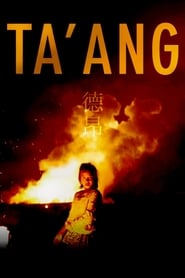 The Taang or Palaung people an...
The Taang or Palaung people an...Ta'ang 2016
The Ta'ang or Palaung people, an ethnic minority living in the mountainous area between Myanmar's Kokang region and China's Yunnan province, have historically suffered many forced migrations due to war. When their survival is threatened again in 2015, thousands of them flee across the border. Filmmaker Wang Bing accompanies them and becomes a privileged witness to a human story that is both a modern reportage and a mythical epic.
 With Taiwan remaining in the grip...
With Taiwan remaining in the grip...Flowers of Taipei: Taiwan New Cinema 2014
With Taiwan remaining in the grip of martial law in 1982, a group of filmmakers from that country set out to establish a cultural identity through cinema and to share it with the world. This engaging documentary looks at the movement's legacy.
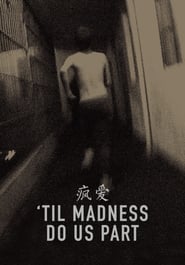 An insight into the everyday lives...
An insight into the everyday lives...'Til Madness Do Us Part 2014
An insight into the everyday lives of 50 inmates of a mental institution in the Chinese province of Yunnan, who are there for killing someone, committing a crime against a public official, or have a developmental disability.
 Made for the Venice Film Festivals 70...
Made for the Venice Film Festivals 70...Venice 70: Future Reloaded 2013
Made for the Venice Film Festival's 70th anniversary, seventy filmmakers made a short film between 60 and 90 seconds long on their interpretation of the future of cinema.
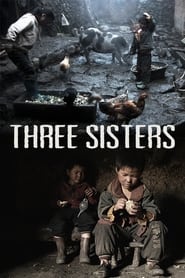 The masterful new documentary from Wang...
The masterful new documentary from Wang...Three Sisters 2012
The masterful new documentary from Wang Bing is an intimate, observational portrait of a peasant family who eke out a humble existence in a small village set against the stunning mountain landscapes of China's Yunnan province.
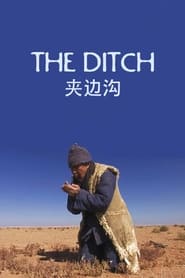 The film focuses on the suffering...
The film focuses on the suffering...The Ditch 2010
The film focuses on the suffering of Chinese who were imprisoned in a forced labor camp called Jiabiangou in the Gobi Desert in winter 1960 under Mao Zedong on the grounds that they were "rightist elements". The film tells of the harsh life of these men, who coped with physical exhaustion, extreme cold, starvation and death on a daily basis.
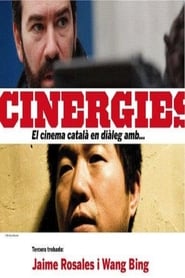 This correspondence between Spanish auteur Jaime...
This correspondence between Spanish auteur Jaime...Cinematic Correspondences: Jaime Rosales - Wang Bing 2009
This correspondence between Spanish auteur Jaime Rosales and critical chronicler of contemporary China Wang Bing is divided into three short films each consisting of documentary observations.
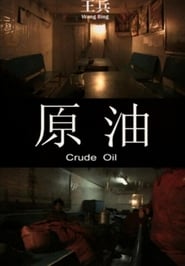 Filmed in the Inner Mongolian portion...
Filmed in the Inner Mongolian portion...Crude Oil 2008
Filmed in the Inner Mongolian portion of the Gobi Desert, this film follows a group of oil field workers as they go about their daily routine.
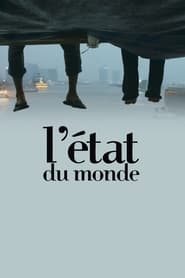 An omnibus project examining well the...
An omnibus project examining well the...The State of the World 2007
An omnibus project examining, well, the state of the world.
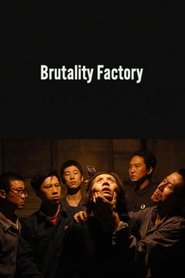 Modern China On a bright sunny...
Modern China On a bright sunny...Brutality Factory 2007
Modern China. On a bright sunny day, in a building site, an industrial complex is being deconstructed. Night falls. The ruins of the factory are empty and silent. Phantoms appear, voices are heard, telling their stories....From the anthology The State of the World.
 The film consists almost entirely of...
The film consists almost entirely of...Fengming: A Chinese Memoir 2007
The film consists almost entirely of an interview with the elderly He Fengming, recounting her experiences in post-1949 China.
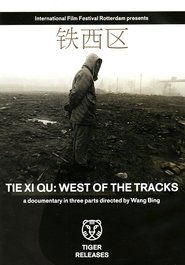 A detailed look at the gradual...
A detailed look at the gradual...Tie Xi Qu: West of the Tracks 2003
A detailed look at the gradual decline of Shenyang’s industrial Tiexi district, an area that was once a vibrant example of China’s socialist economy. But industry is changing, and the factories of Tiexi are closing. Director Wang Bing introduces us to some of the workers affected by the closures, and to their families.
 More preoccupied with history than Wus...
More preoccupied with history than Wus...1966, My Time in the Red Guards 1993
More preoccupied with "history" than Wu's other works, My Time in the Red Guards is a record of his fascination with the missed moment, Mao's Cultural Revolution. In 1966, the Red Guards ironically represented the official avant-garde, a movement carried forward by youth determined to become heroes of the Revolution. Wu interviews people who had joined the Red Guards as high schoolers, most now successful professionals, some Party members. The miscalculations and cruelties of this extreme cultural campaign are spread out before us, detailed by personal recollection and further illustrated by old agit-prop newsreels. Misgivings and fond remembrance vie for position as the interviewees seem to confuse the nostalgia of youthful action with the excesses of historical fact.
